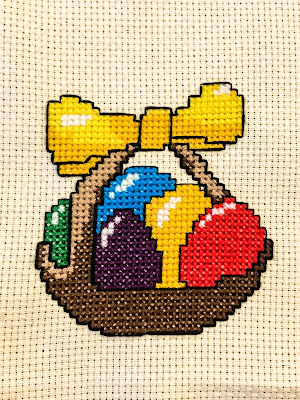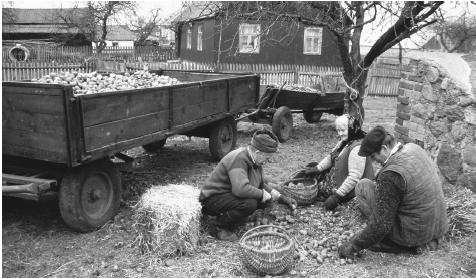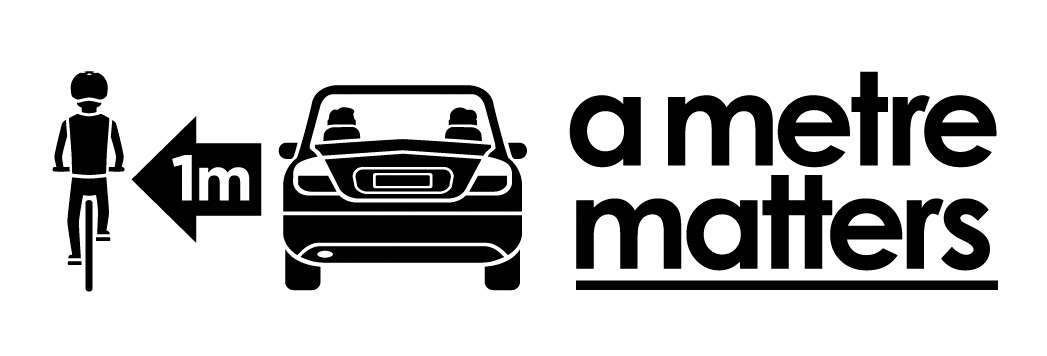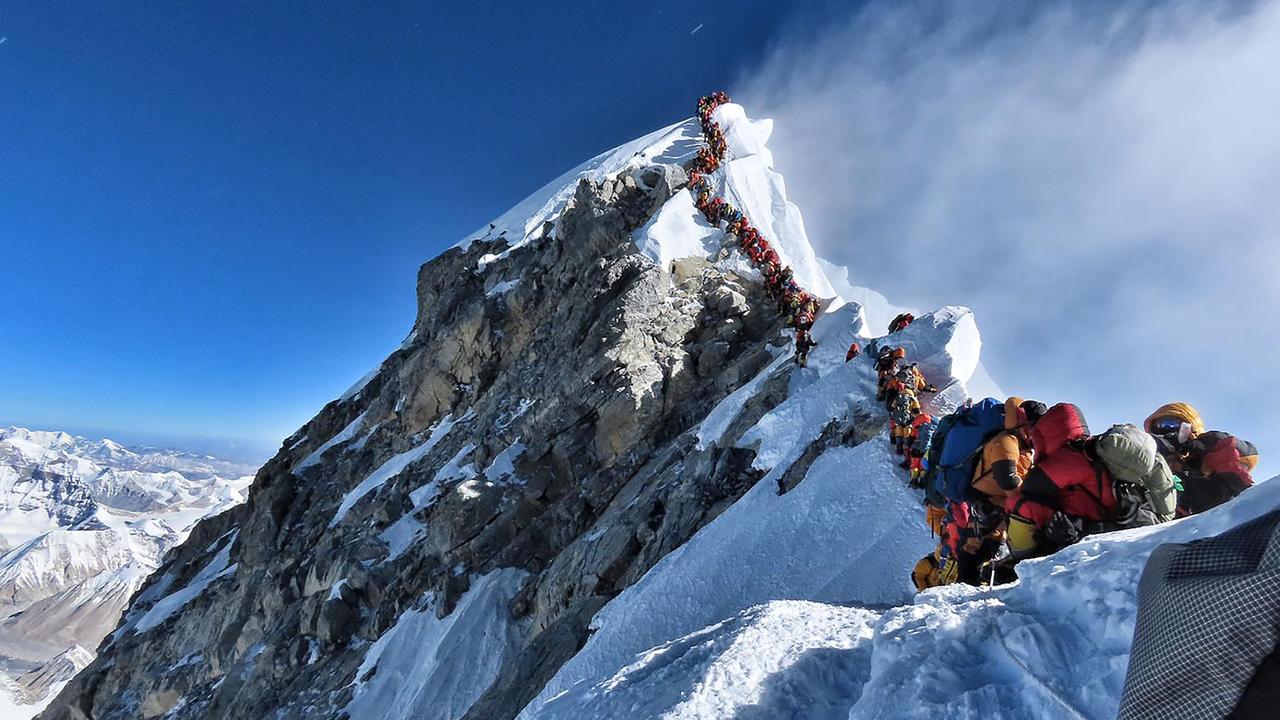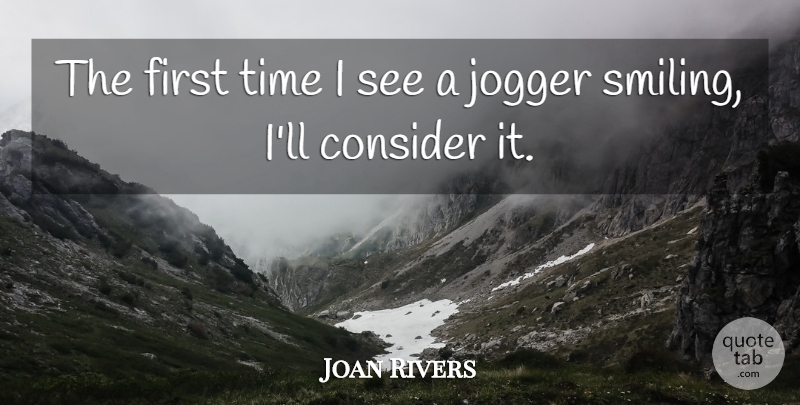Everyone who knows me, knows that I have ideas and like to be creative. They also know that I never send things on time. I delivered one of these today, the rest will be late. Oh well, it's the though that counts, right? Happy Easter!
Friday, 10 April 2020
Thursday, 9 April 2020
Small Town Boy: The Ballad of Barnabas Pierkiel
The Ballad of Barnabas Pierkiel by Magdalena Zyzak
Henry Holt
Pp. 269
The narrator of this tale is our guide to the tiny town of Odolechka
“located so far from the sea and everything else that nearly no one had known
it existed, that is, until everyone knew at once.” In a cross between Borat and
Gogol, she mocks the town and all the inhabitants with a gentle satire that
points out both their limitations and pomposity. The parishioners and villagers
hate each other and are mainly concerned with eating sausages and salted
herrings. Our eponymous hero is seventeen and lazy; obsessed with Roosha, the
gypsy woman, and his own appearance.
Odolechka does not have much to recommend it. Indeed, when a German spy
(with the wonderfully unsubtle name of Boguswav) arrives by parachute and
quizzes the mayor and the police chief about their town’s assets, they proudly
show him the highlights: an abandoned barracks; haylofts; straw stacks; the
windmill; the abandoned string factory; “the scarecrow in the corn field by the
wheat field by the edge of town”; “our split oak tree, where Kashak crashed his
bicycle” the scorched bootlegging barn; hectares and hectares of cabbage
fields; some picket fences; and a well with four bricks missing.
In the true style of a picaresque novel, the town is populated by
simultaneously dull and colourful characters, including the police chief who is
so fat he can barely squeeze between the church pews, and the mayor who is not
much thinner. There is an entrepreneur with a motor vehicle (the only one in
the village) a doctor and his phlegmatic wife, and Kumashka, the drunken
priest, concerned with minor points of scripture.
Much of the humour comes from the fact that the author claims this is a
poor translation, while using specific expressions and complex vocabulary,
which has the reader rushing to a dictionary. For example, at one point in
church, Barnabas was “leaning on a splintery pilaster in the narthex” and when
there is nothing to counter the religious fervour of Kumashka, “The
speechlessness of the laity was so entire that borborygmus here and there was
heard.” Throughout the narrative, she deliberately deconstructs and draws
attention to the artifice of the novel, and frequently loses track of the main
narrative, trailing off after other non-entities, only to “return to our hero,
whose perspective the negligent author keeps abandoning.”
The quixotic folk tale elements cease abruptly, and a realistic WWII
conflict ensues which none predicted. Zyzak’s tale is a blow to complacency.
The fictional, bumbling, rural town of Odolechka and inhabitants are mocked,
but the town is now destroyed by war. As such it represents a “touchstone for a
hundred towns” near the Polish/ German border. We are rocked by sadness for a
traditional town we never knew, but also remembrances of real residences that
were similarly obliterated. By weaving a tale of froth and humour before
ripping it apart with brutal force, Zyzak teaches us a lesson we cannot and
should not ignore.
Labels:
book review,
Borat,
folktales,
Gogol,
picaresque novel,
Poland,
Romani,
translation,
World War II
Tuesday, 7 April 2020
COVID-19: Keep Your Distance
Due to COVID-19 and the fear of infection, in Australia we are meant to be practicing physical distancing, which includes keeping 1.5m between you and another person to help to stop the spread of the virus. In the U.K., this recommended distance is two metres - I'm not sure who calculates this distance and on what exact science it is based. But we get the picture; back off buddy.
Whereas people are pretty good at observing these measures in shops and work spaces, I have noticed they are not so compliant when it comes to exercising. I have a handful of regular routes that I walk, jog or cycle four-five times week. On my usual walk up Mt Painter I see maybe a couple of other people; last week I saw 49. The same sort of figures are true when jogging around Umbagong Park or cycling trails in Black Mountain. Great. I'm all for people getting out and about to get their exercise, and this is a wonderful country with space for everyone to share.
But, can we still please adhere to the physical distancing guidelines? I know many walkers wear earphones so if I am coming up behind them, I feel it is up to me to move out the way. If a cyclist is approaching from behind and really feels that they can't move out of the way, then they should alert the person in front to their presence (in the ACT it is mandatory for a bike to have 'a warning device such as a bell'), unlike the person on the e-bike (don't get me started) who overtook me while I was jogging within a foot with no previous indication.
I don't care who comes here more regularly (it's me), but surely people must realise that we can't share the path in the same way as we used to, and be prepared to give way. I would expect, what with this flurry of exercise being a new thing for some and people not used to the etiquette yet, that when it comes to a case of who blinks/ moves out the way first, it would be about 50/50. Remember that walk I mentioned last week with the 49 fellow folk out enjoying the fresh air and the exercise? Guess how many moved out of my way rather than holding their line on the narrow path. One would expect approximately 20, right? None. Not one person thought they should yield. I felt like I was fighting a battle and losing every single time. I know it's not about winners and losers, but that was ridiculous. It's about compromise, surely?
And another thing, we are still allowed to smile at each other and say hello. You can be social while maintaining physical distance. As far as I am aware coronavirus is not transmitted through eye contact. So, if you're new to this getting out for a walk/ run/ cycle malarkey, welcome. And please play nicely.
Subscribe to:
Comments (Atom)


